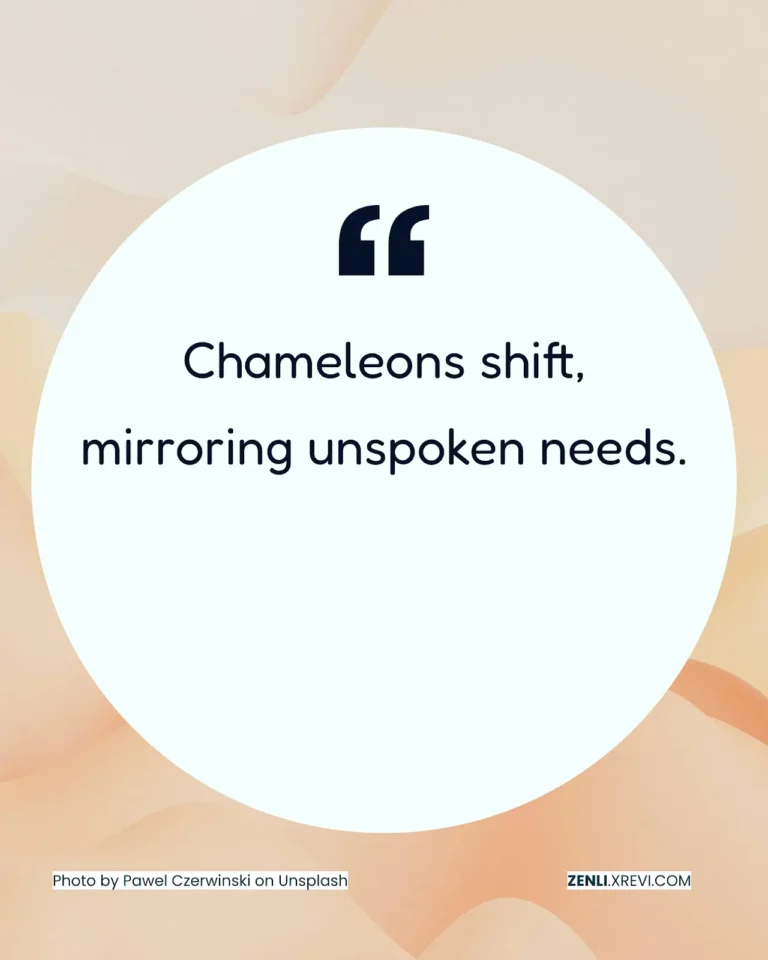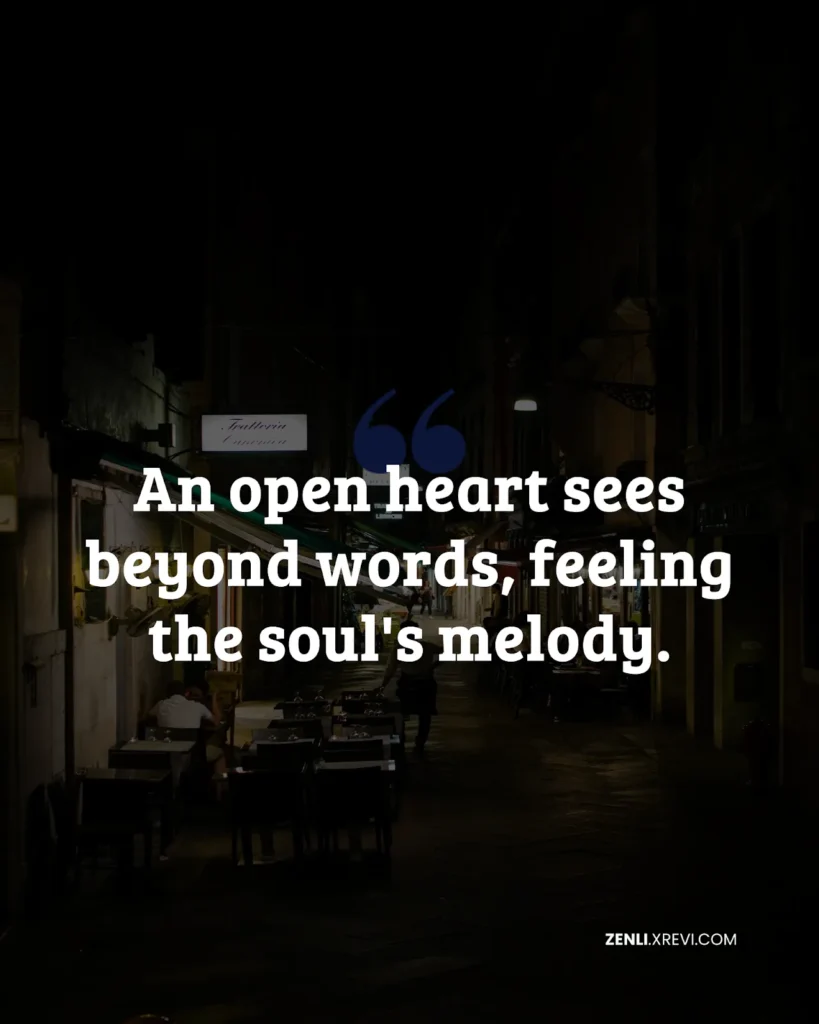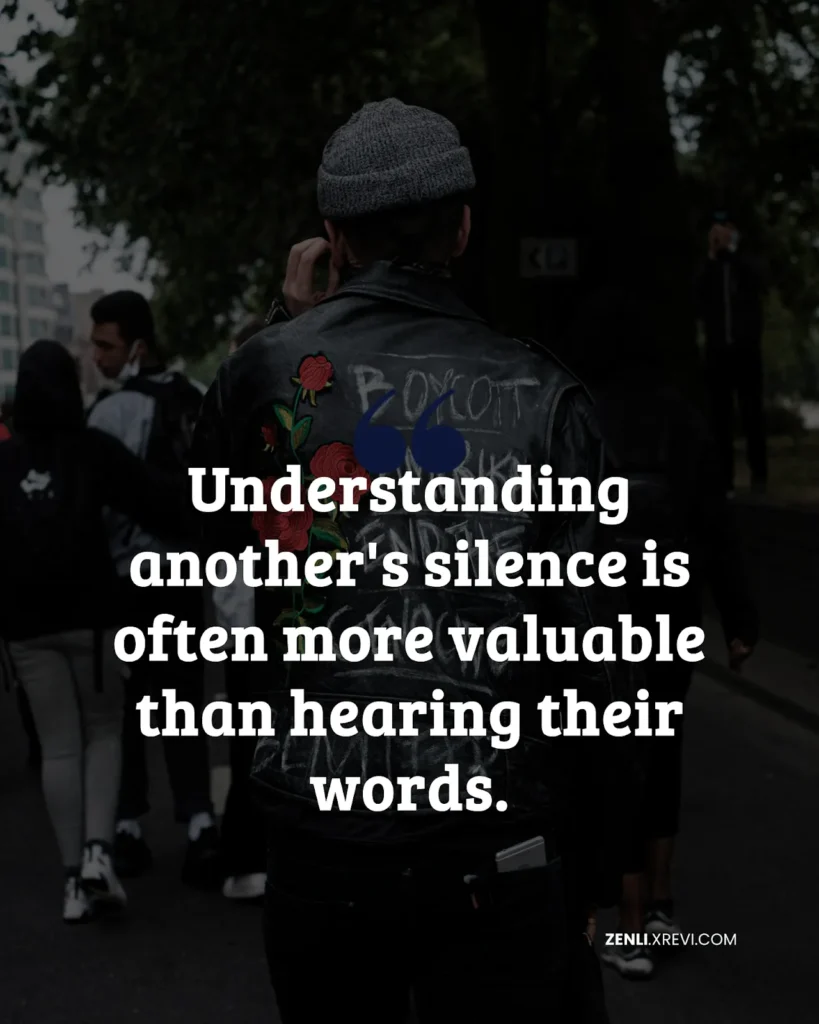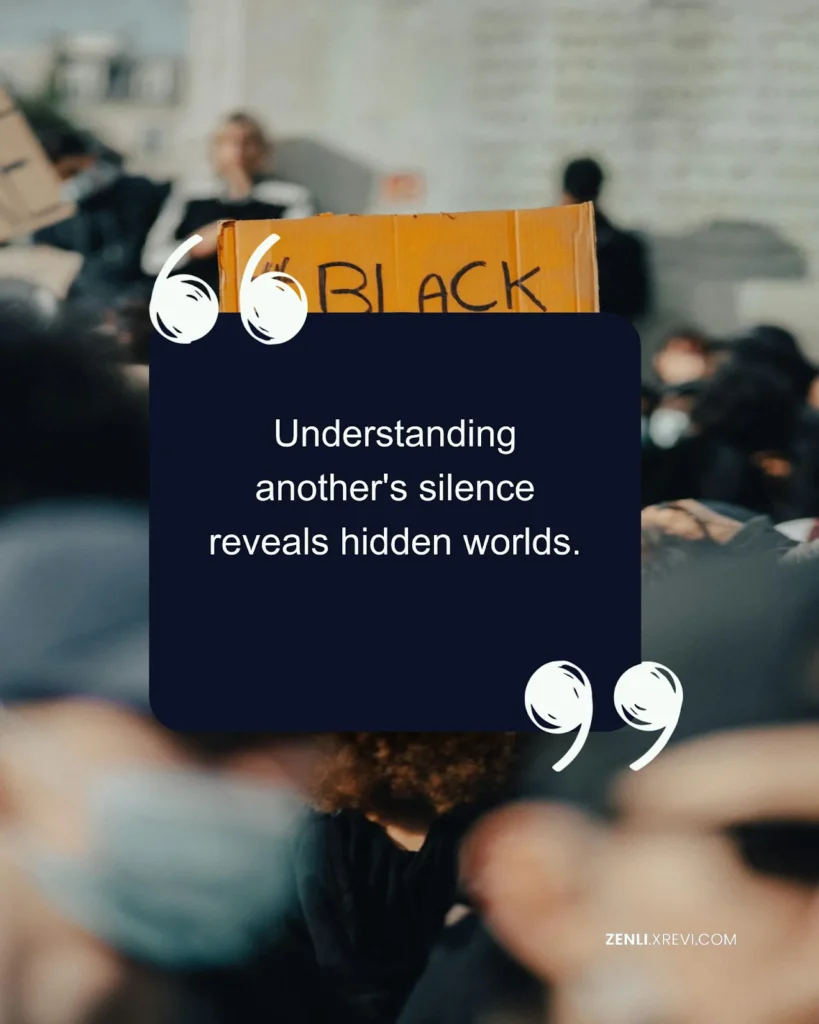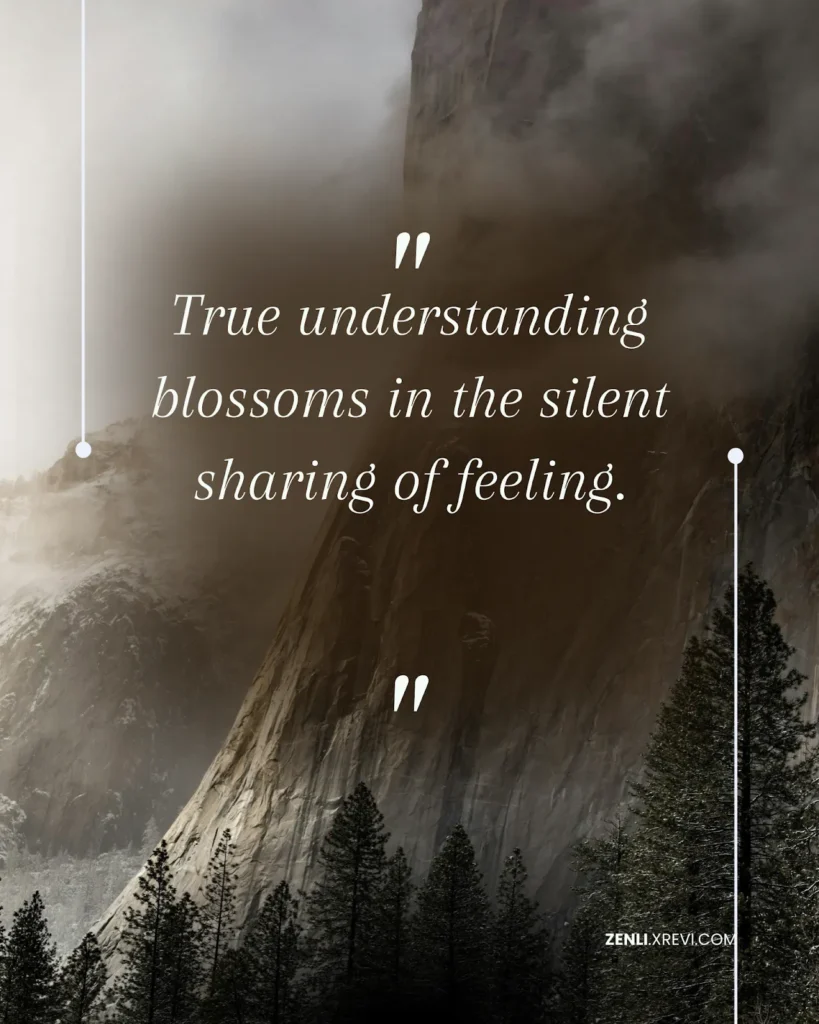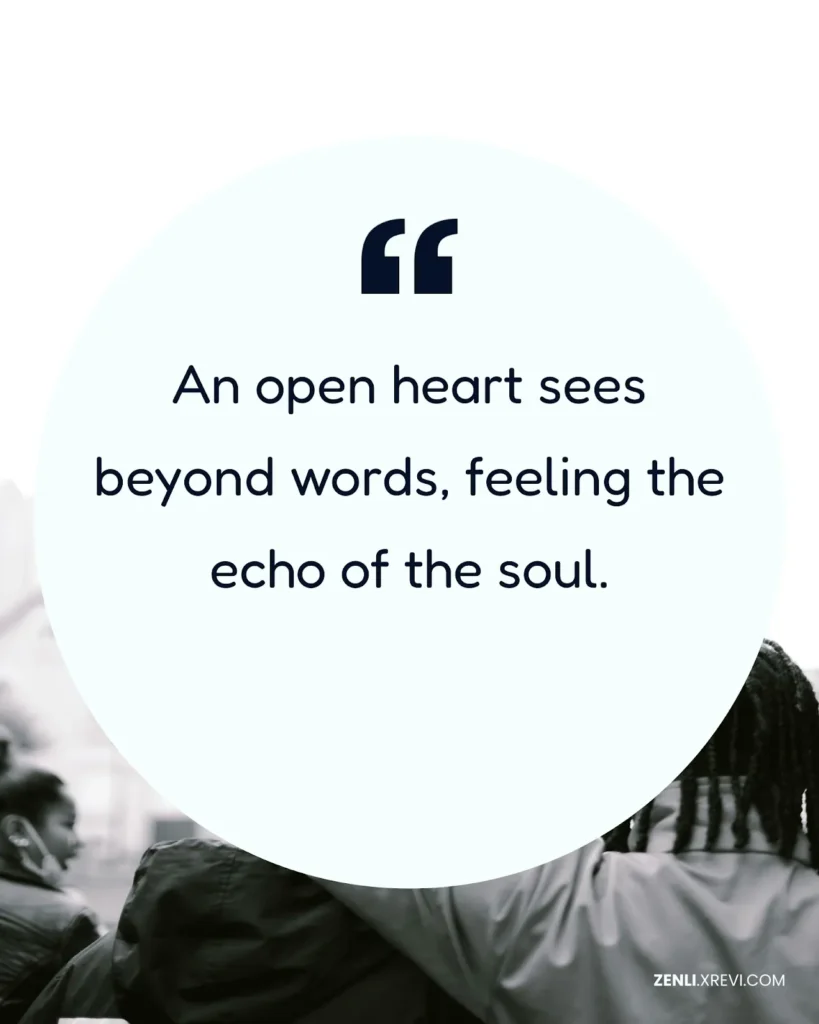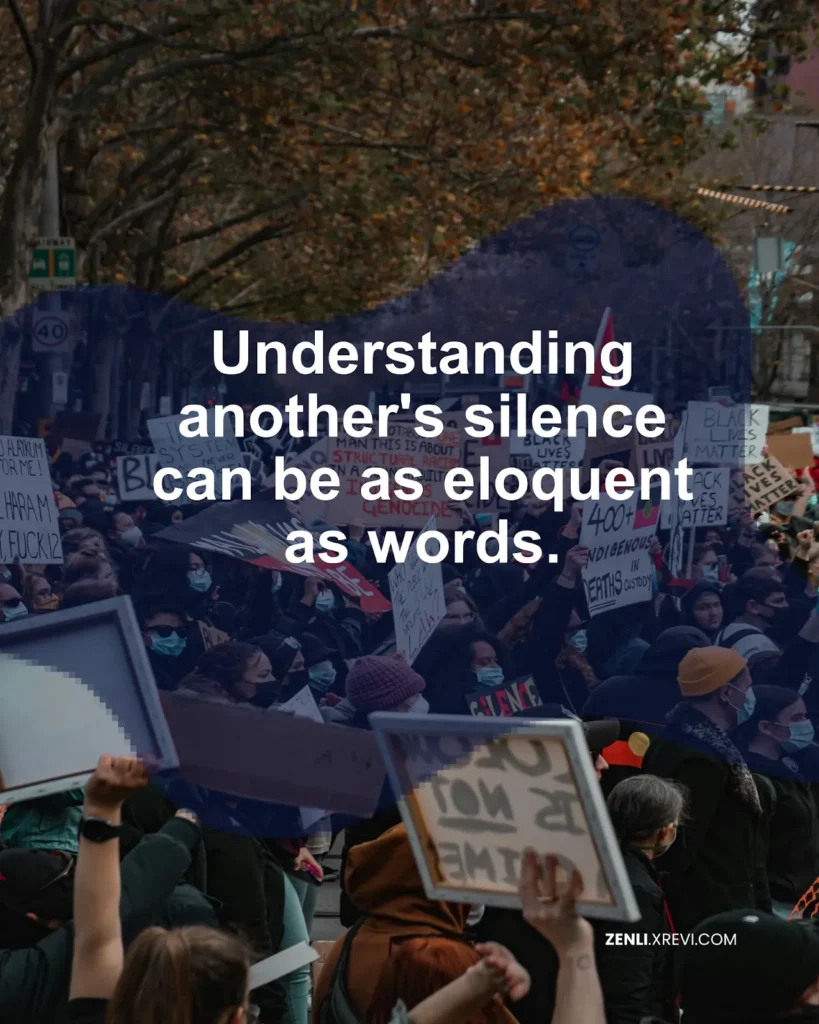Have you ever walked into a room and instantly felt the tension? Or sensed a friend’s sadness even before they uttered a word? We’re constantly surrounded by unspoken emotions, a silent language expressed through body language, tone of voice, and subtle shifts in energy. Navigating these complexities requires a crucial skill: empathy. Empathy isn’t just about feeling *for* someone; it’s about understanding *with* them, walking a mile in their shoes, and truly grasping their perspective, even if it differs drastically from our own. It’s the silent understanding that builds stronger relationships, fosters compassion, and allows us to connect on a deeper level than simple conversation ever could. In a world increasingly focused on individual experiences, the ability to understand and respond to the emotions of others becomes not just a desirable trait, but a vital one for navigating life’s complexities and building a more compassionate society.
Chameleons shift, mirroring unspoken needs.
This striking metaphor beautifully captures the essence of empathy. Just like a chameleon adapts its color to blend seamlessly with its environment, empathetic individuals subtly adjust their behavior and responses to mirror the unspoken needs of those around them. This isn’t about mimicking or pretending; it’s about perceptive observation and a genuine desire to understand. Consider a friend who’s going through a difficult breakup. They might not explicitly state they need space, but their withdrawn demeanor and quietness might signal a need for solitude. An empathetic person would recognize this unspoken need and offer support without pressuring them to talk. Conversely, someone struggling with anxiety might express themselves through fidgeting or restless energy. Empathy would prompt a gentle, understanding response, perhaps offering a calming presence or a quiet listening ear. It’s about recognizing these subtle cues and responding appropriately, showing that you see and understand their struggles, even without explicit words. This kind of attunement deepens connections and builds trust, creating a safe space for genuine vulnerability.
We all have the capacity for empathy, but it’s a skill that can be honed. Actively listening, paying attention to nonverbal cues, and asking clarifying questions are all steps towards becoming more empathetic. It also involves challenging our own biases and assumptions, recognizing that everyone’s experiences are unique and valid, even if they differ from our own. Practicing empathy isn’t just about making others feel better; it enriches our own lives by deepening our understanding of the human experience. It fosters stronger relationships, reduces conflict, and promotes a more compassionate and supportive world.
So, I urge you to take a moment today to reflect on your own level of empathy. Think about times when you’ve successfully mirrored the unspoken needs of another, and times when you perhaps missed the mark. Share your thoughts and experiences – perhaps even a time when someone showed exceptional empathy towards you. By sharing our stories and learning from each other, we can collectively cultivate a more empathetic and understanding world, one chameleon-like shift at a time. The rewards – stronger relationships, deeper understanding, and a more compassionate society – are well worth the effort.
Photo by Pawel Czerwinski on Unsplash
